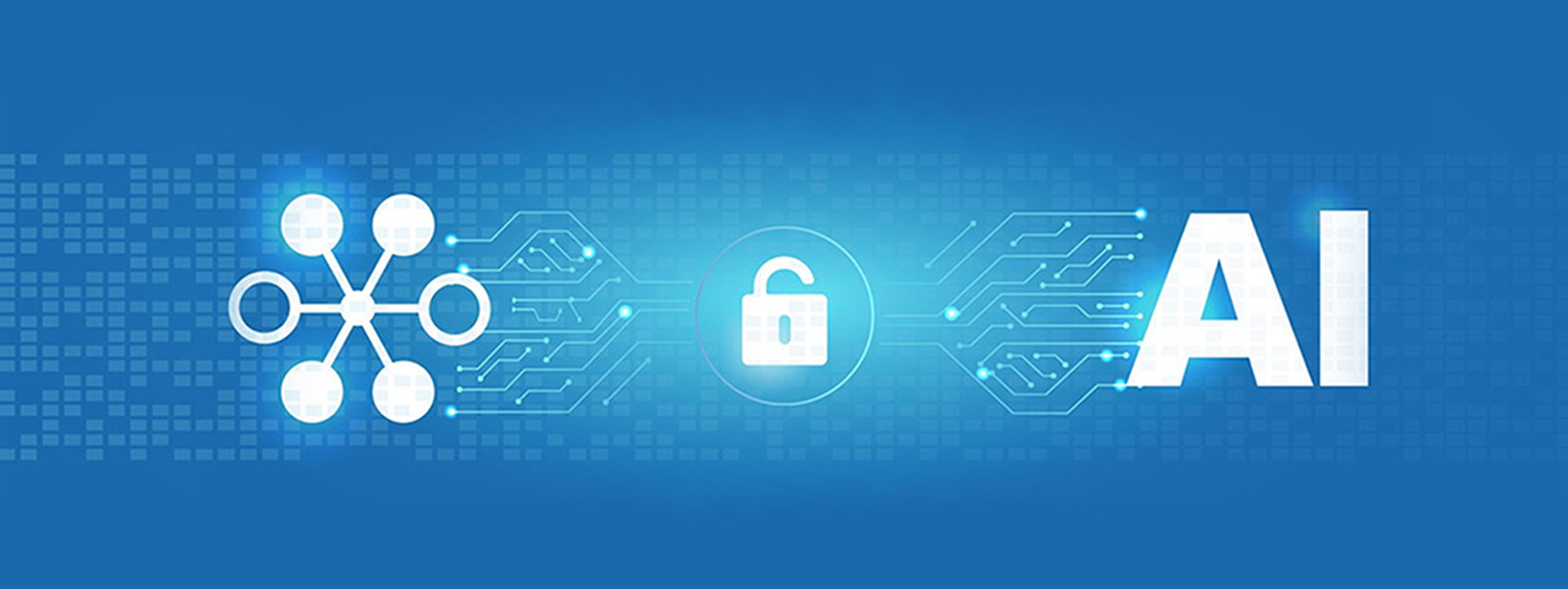Introduction
As an e-commerce entrepreneur, I am always on the lookout for innovative ways to enhance and expand my business. In today’s digital world, harnessing the power of artificial intelligence (AI) is becoming increasingly essential for unlocking the true potential of e-commerce. AI-driven optimization is revolutionizing the way we do business, enabling us to make more money and generate passive income like never before.
AI-Driven E-commerce Optimization
AI-driven optimization involves utilizing advanced algorithms and machine learning techniques to optimize various aspects of your e-commerce business. From product recommendations and personalized marketing to supply chain management and pricing strategies, AI can significantly improve your revenue streams and customer experience.
The key benefit of AI-driven optimization is its ability to analyze vast amounts of data in real-time, allowing you to make data-driven decisions that directly impact your bottom line. By utilizing AI-powered tools and platforms, you can automate routine tasks, enhance customer engagement, and optimize your business operations.
In this informational post, we will explore the different ways you can leverage AI-driven optimization to unlock the full potential of your e-commerce business. We will delve into specific areas where AI can make a significant impact, including product recommendations, customer segmentation, inventory management, and pricing optimization. By understanding these areas and implementing AI-driven strategies, you can take your e-commerce business to new heights of success. So let’s dive in and discover the power of AI-driven optimization for e-commerce!
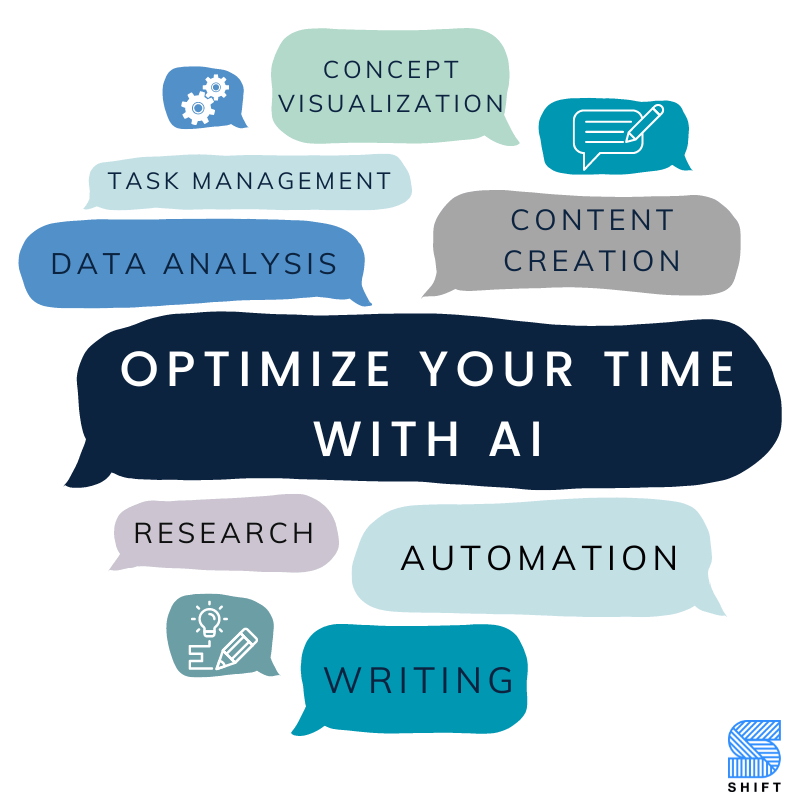
What is E-commerce?
E-commerce, short for electronic commerce, refers to the buying and selling of goods and services over the internet. It has revolutionized the way we shop and conduct business, making it more convenient and accessible for both customers and businesses alike.
Definition of e-commerce
E-commerce encompasses a wide range of online transactions, including online retail (B2C), online marketplaces (C2C), and online wholesale (B2B). With the rise of technology and the internet, e-commerce has become an integral part of our daily lives.
Types of e-commerce
There are various types of e-commerce, each catering to different customer needs and business models. Business-to-consumer (B2C) e-commerce involves selling products directly to customers, while consumer-to-consumer (C2C) e-commerce enables individuals to sell products to one another. Business-to-business (B2B) e-commerce focuses on selling products and services between businesses.
Importance of e-commerce in today’s market
In today’s digital age, e-commerce plays a crucial role in the success of businesses. It offers a global platform for businesses to reach a broader customer base, eliminates geographical limitations, and provides convenience by enabling customers to shop from the comfort of their homes. E-commerce also allows businesses to collect and analyze customer data, enhancing their understanding of consumer behavior and preferences.
By incorporating AI-driven optimization techniques into e-commerce, businesses can further unlock its potential. AI can analyze vast amounts of data, identify patterns, personalize customer experiences, and streamline operations, ultimately driving revenue growth and maximizing profitability. With AI as a powerful tool, businesses can capitalize on the immense opportunities offered by e-commerce, opening doors to greater success and passive income generation.
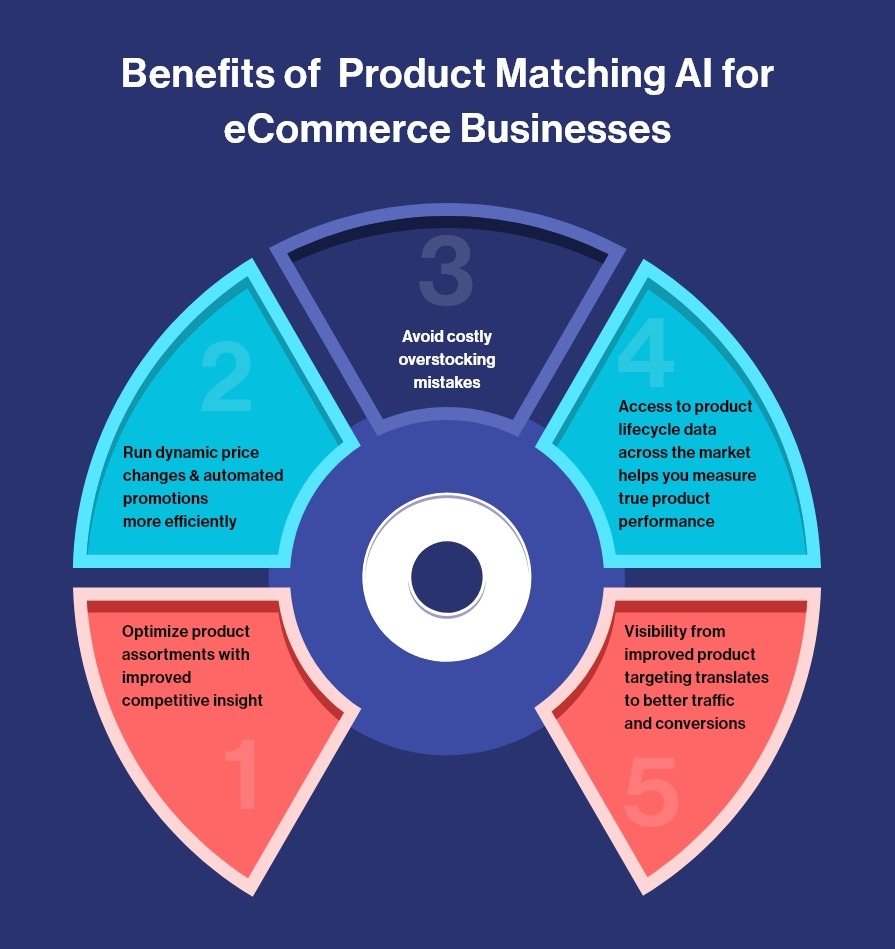
Benefits of E-commerce
Increased reach and accessibility
One of the biggest advantages of e-commerce is the ability to reach a larger audience and increase accessibility to products and services. With the help of AI-driven optimization, businesses can tap into the vast online market and expand their reach beyond physical limitations. By utilizing advanced algorithms, AI can analyze customer behavior, preferences, and demographics to provide personalized recommendations and targeted marketing campaigns. This level of personalization ensures that businesses are not only able to attract new customers but also retain their existing ones.
Cost-effectiveness
Another benefit of e-commerce is its cost-effectiveness. Setting up and maintaining an online store is usually more affordable compared to a brick-and-mortar store. By adopting AI-driven optimization, businesses can further reduce costs by automating various tasks such as inventory management, pricing optimization, and customer support. AI can analyze data in real-time, enabling businesses to make data-driven decisions and streamline operations for maximum efficiency. This not only saves costs but also frees up valuable resources which can be invested in other crucial areas such as product development and customer acquisition.
Ability to track and analyze customer data
E-commerce platforms provide businesses with an abundance of valuable customer data. However, this data is only useful if properly collected, tracked, and analyzed. AI-driven optimization can handle large amounts of data and extract meaningful insights that can be used to improve business strategies. By analyzing customer behavior patterns and preferences, businesses can create personalized shopping experiences, optimize pricing strategies, and improve customer satisfaction. AI can also predict future trends and market demands, allowing businesses to stay ahead of the competition and make informed decisions.
e-commerce combined with AI-driven optimization offers numerous benefits for businesses. The increased reach and accessibility, cost-effectiveness, and ability to track and analyze customer data are just a few examples of how this powerful combination can unlock the full potential of e-commerce. By embracing AI-driven optimization, businesses can drive growth, increase revenue, and stay competitive in the ever-evolving online market.
Challenges in E-commerce
Competition from established brands
As an aspiring e-commerce entrepreneur, I understand the challenges that arise when competing against well-established brands. These giants have already built a loyal customer base, and breaking into the market can seem daunting. However, with AI-driven optimization, there is hope. By using advanced algorithms, AI can analyze market trends, customer preferences, and competitor strategies to help identify unique opportunities for success. This allows smaller e-commerce businesses to make data-driven decisions that set them apart from the competition.
Building customer trust
In the vast digital landscape, earning customer trust is crucial for driving sales. Customers need to feel confident that their personal information is secure, and that they will receive quality products and excellent customer service. AI-driven optimization can play a significant role in building this trust. By utilizing AI-powered chatbots and personalized recommendations, e-commerce businesses can provide a seamless and intuitive shopping experience, ultimately gaining the trust of their customers.
Logistics and fulfillment challenges
One of the biggest hurdles in e-commerce is managing logistics and fulfillment efficiently. From inventory management to timely shipping, it can be a complex and expensive process. AI-driven optimization offers invaluable solutions to these challenges. By leveraging machine learning algorithms, businesses can streamline their inventory management, automate order fulfillment, and improve shipping accuracy. This not only reduces costs but also enhances customer satisfaction, as orders are processed quickly and accurately.
With AI-driven optimization, e-commerce entrepreneurs can unlock their full potential in the market. By tackling challenges such as competition, building trust, and logistics, AI empowers smaller businesses to thrive in the ever-evolving e-commerce landscape. The possibilities for making money and generating passive income through AI are endless, and the results can be game-changing for those willing to embrace this technology.
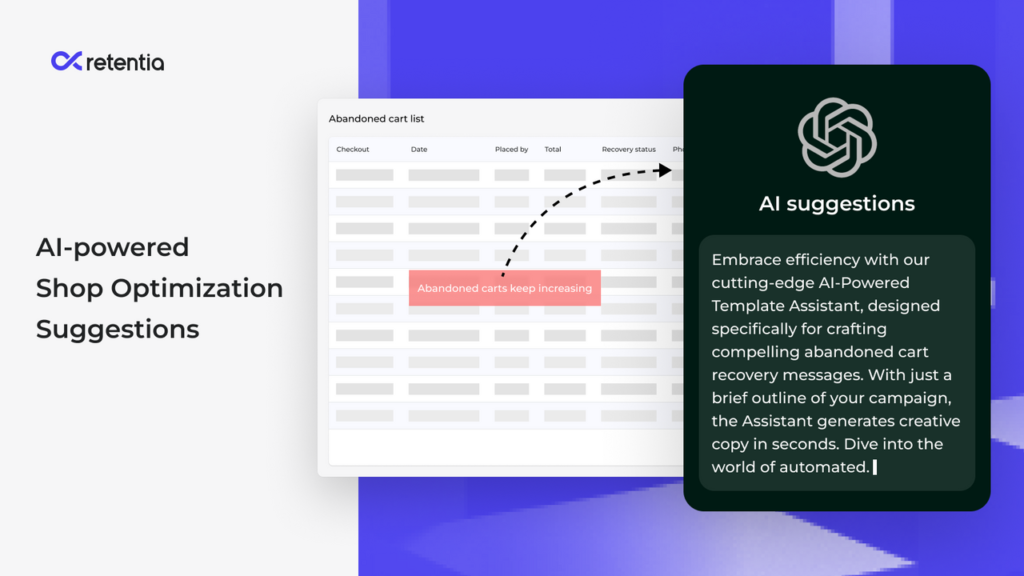
Role of AI in E-commerce
With the advancements in technology, Artificial Intelligence (AI) has emerged as a powerful tool for optimizing various aspects of e-commerce, opening up new avenues to maximize revenue and generate passive income. By harnessing the potential of AI, businesses can enhance customer experiences, improve search and recommendation algorithms, as well as streamline inventory management and supply chain.
Enhancing customer experience through personalization
AI-driven optimization allows businesses to tailor their offerings to individual customers, creating a personalized shopping experience. By analyzing customer preferences and behavior patterns, AI can recommend products that align with their interests and needs. This not only improves customer satisfaction but also increases the likelihood of purchase, thereby boosting sales.
Improving search and recommendation algorithms
AI can significantly improve search and recommendation algorithms, making it easier for customers to find the products they desire. By analyzing vast amounts of data, AI algorithms can provide accurate search results and highly relevant product recommendations. This not only saves customers time but also increases conversion rates and customer retention.
Streamlining inventory management and supply chain
AI can revolutionize inventory management and supply chain operations by accurately predicting demand and optimizing inventory levels. With AI-driven algorithms, businesses can automate inventory replenishment, minimizing stockouts and excess inventory. This reduces costs and enhances operational efficiency, ensuring smooth and timely order fulfillment.
AI-driven optimization has the potential to unlock new opportunities for e-commerce businesses to maximize revenue and generate passive income. By utilizing AI technology in personalization, search algorithms, and supply chain management, businesses can enhance customer experiences, improve operational efficiency, and ultimately drive growth in the highly competitive e-commerce industry.

Understanding AI-Driven Optimization
In today’s digital landscape, e-commerce has become a thriving industry with endless opportunities for entrepreneurs to tap into. As an online business owner, I have always been on the lookout for ways to maximize my profits and increase my sales. That’s when I discovered the power of AI-driven optimization.
Definition and concept of AI-driven optimization
AI-driven optimization refers to the use of artificial intelligence algorithms to analyze and optimize various aspects of an e-commerce business. With AI technology, I am able to gather vast amounts of data about my customers, their preferences, and their behavior patterns. This data is then used to enhance different elements of my online store, such as product recommendations, pricing strategies, and personalized marketing campaigns.
Importance of AI-driven optimization in e-commerce
The importance of AI-driven optimization in e-commerce cannot be overstated. It has revolutionized the way businesses operate by enabling them to deliver a personalized and seamless shopping experience to their customers. By harnessing the power of AI, I am able to make data-driven decisions that significantly improve customer satisfaction, increase conversion rates, and ultimately drive more sales.
Examples of AI-driven optimization in action
One of the most well-known examples of AI-driven optimization is Amazon’s recommendation system. By analyzing past purchases and browsing behavior, Amazon is able to suggest relevant products to its customers, significantly boosting cross-selling and upselling opportunities. Another example is dynamic pricing, where AI algorithms analyze market trends, competitor prices, and customer demand to determine the optimal price for a product.
AI-driven optimization plays a crucial role in unlocking the full potential of e-commerce businesses. By leveraging AI technology, online retailers can provide personalized experiences, increase sales, and ultimately achieve long-term success in the digital marketplace.
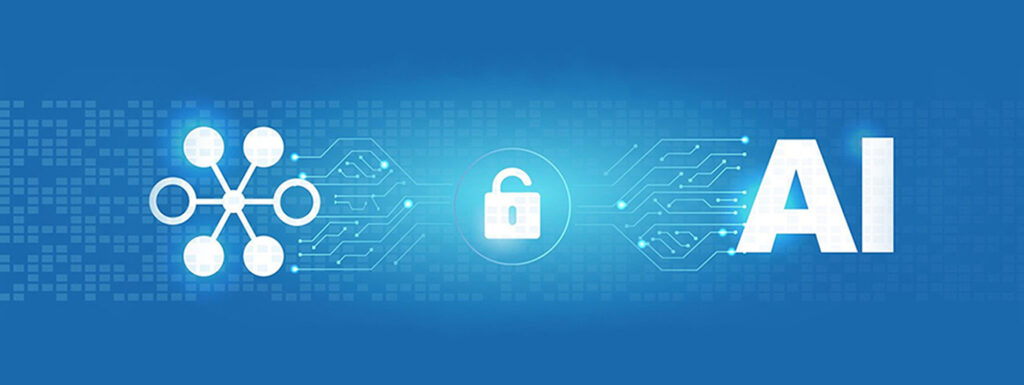
Unlocking the Potential of E-commerce with AI
In today’s digital age, e-commerce has become a booming industry with immense potential for entrepreneurs to make money and passive income. One of the most powerful tools that can unlock this potential is AI-driven optimization. By harnessing the power of artificial intelligence, businesses can enhance their e-commerce strategies to drive sales, increase revenue, and deliver personalized experiences to their customers.
Utilizing AI for targeted marketing campaigns
AI-driven optimization allows me to analyze vast amounts of customer data and gain valuable insights into their preferences, behaviors, and purchasing patterns. Armed with this information, I can tailor my marketing campaigns and deliver targeted advertisements to specific customer segments, ensuring maximum engagement and conversion rates.
Leveraging AI for dynamic pricing and promotions
By using AI algorithms, I can dynamically adjust the prices of my products or services based on various factors like demand, competition, and customer behavior. This enables me to optimize revenue by offering personalized discounts and promotions that resonate with each customer’s unique preferences, making my offerings more attractive and increasing the chances of conversion.
Applying AI in customer service and chatbots
With AI-powered chatbots, I can provide instant and personalized assistance to my customers, answering their queries and resolving their issues in real-time. These intelligent virtual assistants can handle a wide range of customer interactions, ensuring a seamless and efficient customer service experience while reducing the workload on my team.
by leveraging AI-driven optimization in e-commerce, I can unlock the true potential of my business. From targeted marketing campaigns to dynamic pricing and promotions, and even customer service powered by chatbots, AI enables me to deliver personalized experiences, maximize revenue, and stay ahead of the competition.
Conclusion
In conclusion, unlocking the e-commerce potential with AI-driven optimization can be a game-changer for businesses looking to make money and generate passive income. By implementing AI technologies, businesses can streamline their operations, personalize the customer experience, and ultimately increase sales and revenue.
Streamlining Operations
AI-driven optimization allows businesses to automate various tasks and processes, such as inventory management, order fulfillment, and customer support. By leveraging AI algorithms, businesses can optimize their inventory levels, ensuring they have the right products in stock at all times. This not only improves customer satisfaction but also reduces costs associated with overstocked or out-of-stock items.
Personalizing the Customer Experience
AI-driven optimization also enables businesses to provide personalized recommendations and offers to their customers. By analyzing customer data and behavior patterns, AI algorithms can make accurate predictions about their preferences and buying habits. This allows businesses to tailor their marketing efforts, offering products and promotions that are most likely to resonate with each individual customer.
Increasing Sales and Revenue
By streamlining operations and personalizing the customer experience, businesses can ultimately increase their sales and revenue. With AI-driven optimization, businesses can identify trends and patterns in their data that may have otherwise gone unnoticed. This valuable insight can be used to make data-driven decisions, improving marketing strategies and maximizing conversion rates.
In summary, integrating AI-driven optimization into e-commerce operations can help businesses unlock their full potential, driving growth, and maximizing profitability. By leveraging AI technologies, businesses can stay ahead of the competition and reap the benefits of a more efficient and personalized e-commerce ecosystem.
